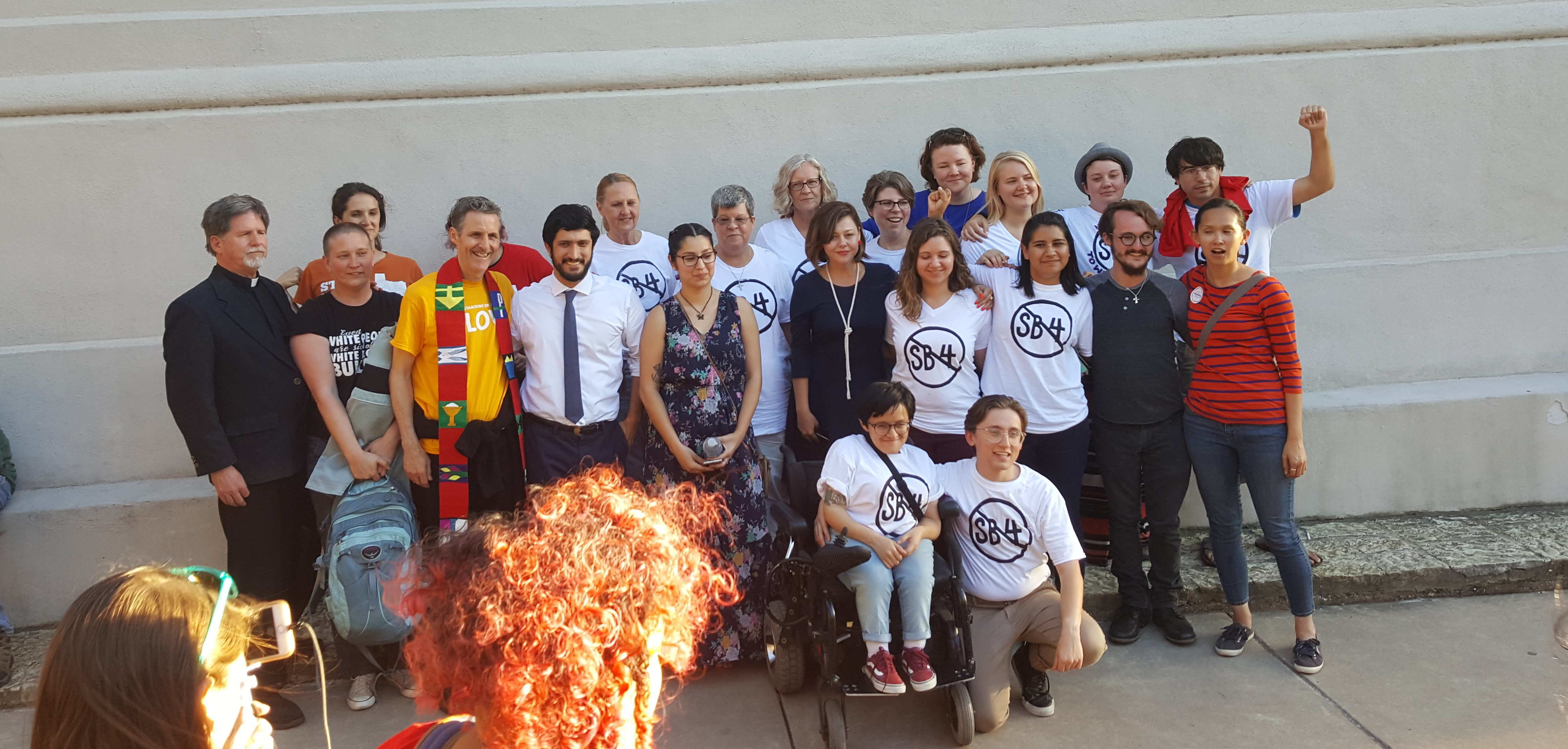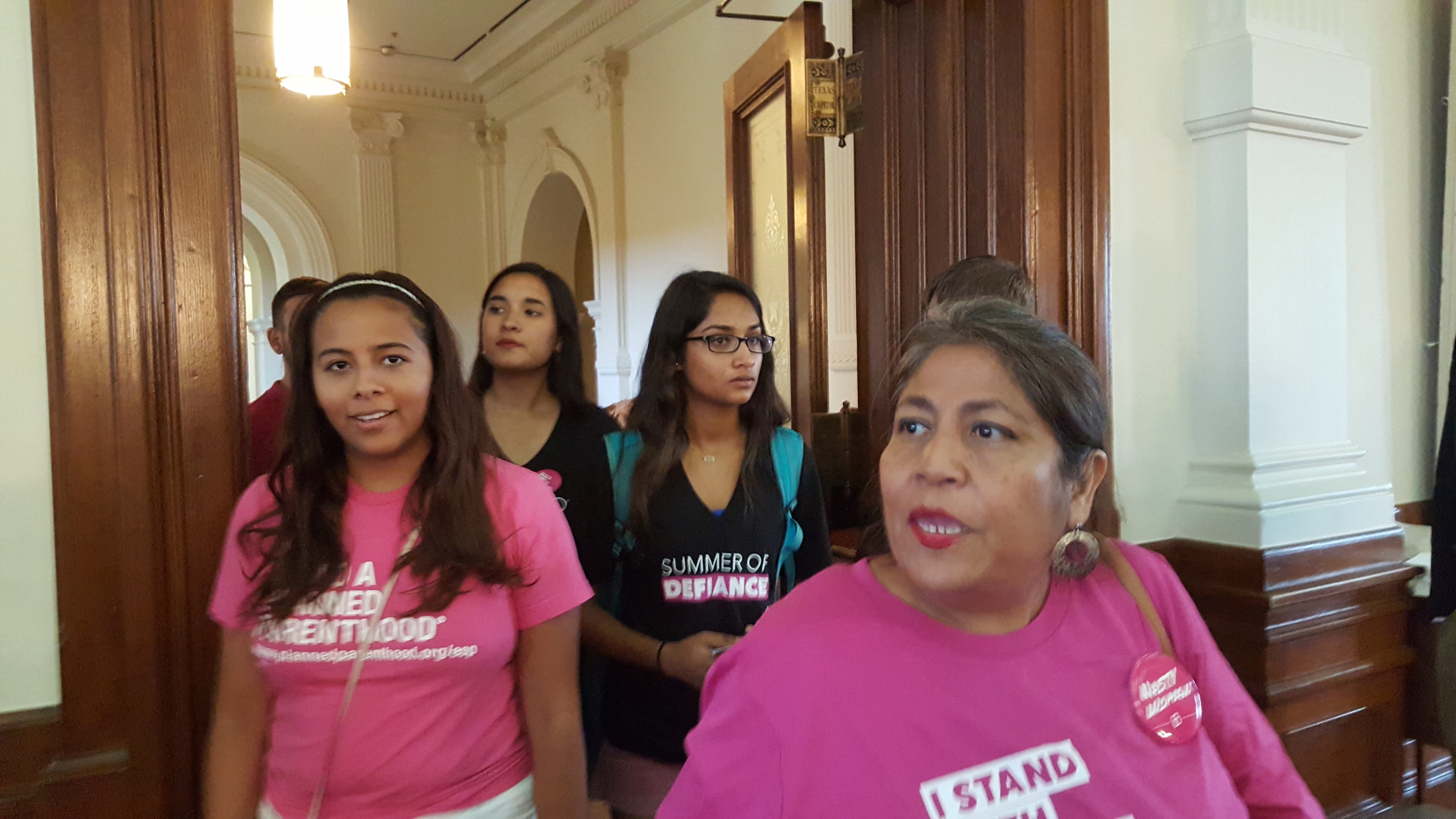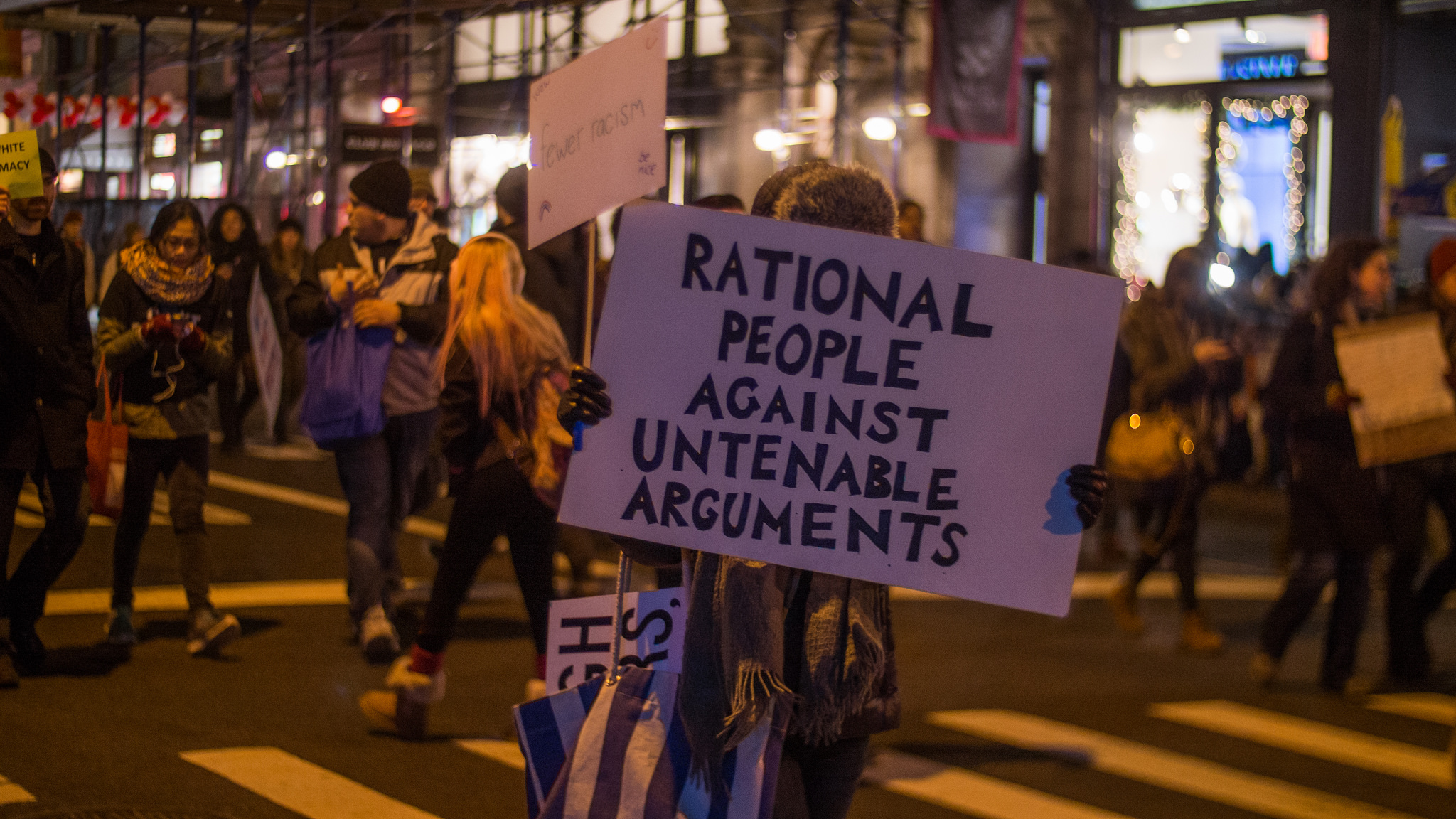Helen Gym, vice-chair of Local Progress, a nonprofit representing progressive elected officials from around the United States, and a member of the Philadelphia City Council, spoke to a crowd of activists and other elected officials at the Texas Legislature on July 28, 2017. The rally gathered in opposition to SB4, the recently signed law which would overrule local protections on undocumented immigrants and force law enforcement officials to actively participate in Immigration and Customs Enforcement (ICE) actions. It’s been compared to a “supercharged” version of Arizona’s infamous “Show Us Your Papers” law.
Over 150 elected officials signed off on a letter to Gov. Greg Abbott opposing the law. In her speech, Gym compared SB4 to similar bills that have been introduced in other parts of the country.





